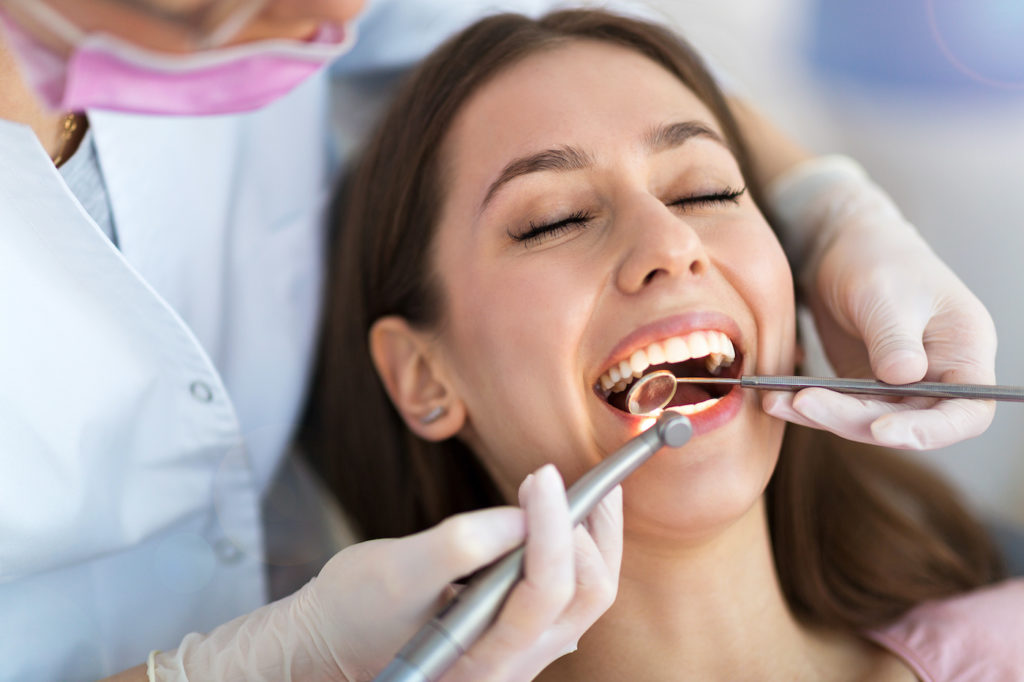
What is dental bonding?
Dental bonding, also known as teeth or tooth bonding, is one of the least invasive types of treatments available to get a better-looking smile in as little as one visit. Dental bonding uses a flexible material that is molded and shaped to your desired specifications, for example, the colour, shape, and size of your tooth.
If you are looking for an affordable, effective way to boost your self-esteem, talk to our team at Southcentre Dental about your options for bonding and other cosmetic services. We will complete a thorough exam and help you identify if bonding is the right treatment for you.





